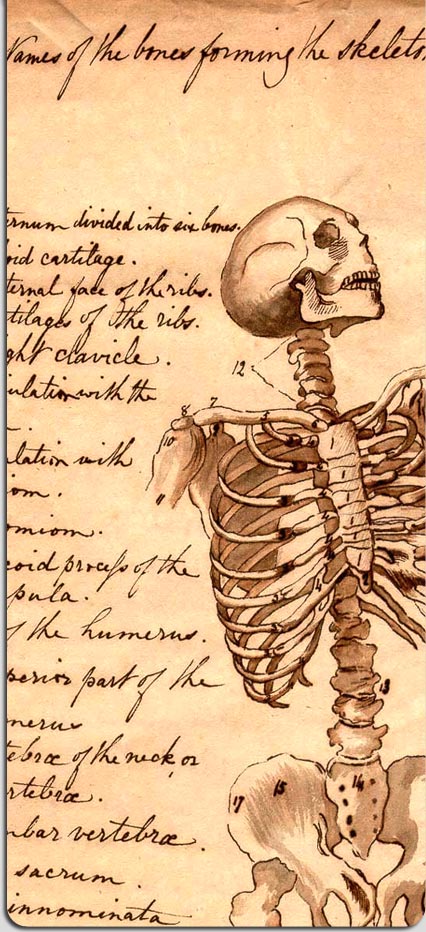Proactive Medicine
What if medicine evolved differently in our society–where prevention was medicine’s focus. Where doctors were first trained in basic public health strategies, and were later taught specifics of infection and pathology? Or what if doctors were paid when their patients were healthy, not when they were sick? How would the incentives in the health care system change?
Granted, this isn’t a policy shift I’m advocating for, but more of an interesting thought experiment. Is medicine this way because of some sort of systemic or societal Darwinism, in that reaction to illness is more “fit” and in line with human nature? Or is it only due to history and tradition?
I’ve just been thinking about health care and medicine and incentives and economics lately–there was some “Year in Health” piece on the CBS Evening News yesterday, and the narrator was talking about behavior-induced illness and mortality being by far more expensive in the US than everything else combined. But what if it was the norm to go to a nutritionist every 3 months instead of a doctor? Or if we invested in smoking cessation programs instead of end-of-life emphysema care? Doctors would still be available for trauma, infectious diseases, surgery, and drug prescriptions, but your primary health care provider would be someone else. Someone that focuses on the most common of health issues, like smoking, nutrition, exercise, mental and sexual health, vaccinations, hand washing, abuse, allergies, and focused on educating the public, not just patching up a wound.
As my public health friend Eric told me last week, “Just go get your MPH already.” I think he’s right.
